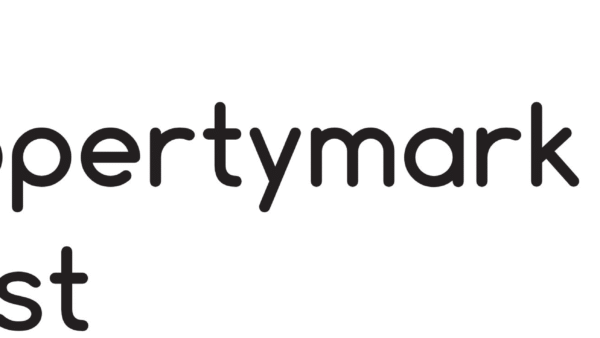 The mortgage market softened in October, with data from Twenty7tec showing a continued decline in first-time buyer activity and a dip in total residential searches.
The mortgage market softened in October, with data from Twenty7tec showing a continued decline in first-time buyer activity and a dip in total residential searches.
The slowdown reflects ongoing affordability pressures and caution among buyers ahead of the upcoming Autumn Budget, and comes despite a record number of mortgage products on the market.
Total residential searches were 3.2% lower year-on-year, with purchase activity falling sharply while remortgage volumes continued to dominate. Residential purchase searches (excluding first-time buyers) dropped 12.3% compared with last year, while remortgage searches increased 12.5%, indicating that most activity is currently driven by refinancing.
First-time buyers remain the most affected group. Their searches fell 14.4% year-on-year and 3.3% month-on-month, down to 297,387 in October from 365,255 in May — an 18.6% fall from this year’s peak. Borrowers are showing a preference for shorter mortgage terms, with 51.4% of first-time buyer searches for two-year or shorter deals, 36.5% for three-to-five-year terms, and 12% for six-to-ten-year products.
In the buy-to-let market, overall searches were down 1.4% year-on-year, with purchase activity falling 13.6% but remortgage searches rising 6%, as landlords focused on refinancing rather than expansion. Buy-to-let accounted for around 17% of total market activity, maintaining a stable share despite reduced purchase demand.
Month-on-month, the market showed little change. Residential purchase searches were down 1.4%, remortgage activity was broadly flat, and total searches dipped 1.7%.
Despite weaker demand, the number of available mortgage products rose to a record 28,835 in the final week of October, up slightly from 28,811 the previous week, reflecting strong competition across the sector.
Nakita Moss, head of lender relationships at Twenty7tec, said: “October’s figures show a market in pause mode. Buyers are holding off ahead of the Budget and waiting for more stability, while lenders are competing harder for business.”
“But there is some positivity – the record number of available products is good news for borrowers,” Moss added.





